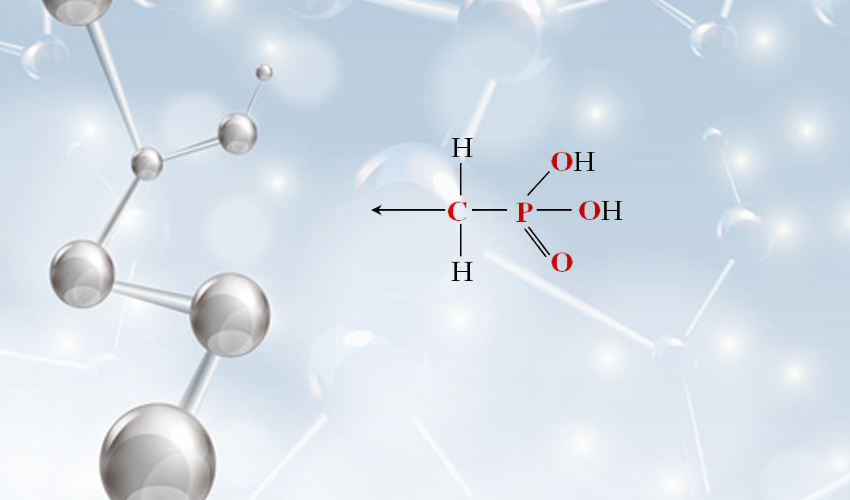hedp water treatment
HEDP Water Treatment An Overview
Water treatment is an essential process in various industries, ensuring that water is safe for consumption and suitable for different applications. One of the key chemicals used in water treatment is Hydroxyethane Diphosphonic Acid (HEDP), a phosphonic acid that plays a crucial role in preventing scale formation and corrosion in water systems. This article aims to discuss the properties, benefits, and applications of HEDP in water treatment processes.
Properties of HEDP
HEDP is a synthetic organic compound that features two phosphonic acid groups, making it highly effective in binding with metal ions. Its unique chemical structure allows it to stabilize calcium and magnesium ions, which are often responsible for scale formation in water systems. HEDP is a colorless and odorless liquid that is soluble in water, making it easy to incorporate into various treatment processes.
Benefits of HEDP in Water Treatment
One of the primary benefits of using HEDP in water treatment is its ability to inhibit the precipitation of calcium carbonate and other scale-forming minerals. Scale buildup can lead to reduced efficiency in heat exchangers, boilers, and cooling systems, ultimately increasing operational costs. By using HEDP, facilities can maintain the efficiency of their equipment, preventing costly downtime and repairs.
In addition to scale prevention, HEDP also offers excellent corrosion inhibition properties. Corrosion can severely damage pipes and tanks, leading to leaks and contamination of the water supply. HEDP effectively forms a protective film on metal surfaces, reducing the rate of corrosion and extending the lifespan of water systems. This is particularly important in industries where maintaining the integrity of equipment is critical for safety and compliance.
hedp water treatment

Applications of HEDP
HEDP is widely used in various applications, ranging from industrial water treatment to residential water systems. In cooling towers, for example, HEDP helps to control scale and corrosion, ensuring optimal heat transfer and system performance. Similarly, in boiler water treatment, HEDP aids in maintaining water quality, thereby improving efficiency and reducing maintenance costs.
Additionally, HEDP is commonly employed in heavy industries such as power generation, oil and gas, and manufacturing. These sectors often deal with high water temperatures and pressures, making effective water treatment even more crucial. The versatility of HEDP allows it to be used in conjunction with other chemicals, enhancing overall treatment efficacy.
Environmental Considerations
As with any chemical used in water treatment, it is important to consider the environmental impact of HEDP. While HEDP is more environmentally friendly compared to some traditional chemicals, it is crucial to follow local regulations regarding its use and disposal. Many facilities are now adopting more sustainable practices by integrating HEDP into their treatment processes, helping to reduce the environmental footprint of their operations.
Conclusion
HEDP has become a vital component in the water treatment industry due to its effectiveness in preventing scale formation and corrosion. Its unique properties make it suitable for a range of applications, ensuring that water systems operate efficiently and safely. As industries continue to face challenges related to water quality and equipment integrity, the role of HEDP in water treatment will only become more prominent. By embracing innovative solutions like HEDP, industries can enhance their water treatment processes while also contributing to environmental sustainability.
-
The Ultimate Guide to Flocculants: Transforming Water TreatmentNewsNov.01,2024
-
Improve Your Water Treatment Solutions with PolyacrylamideNewsNov.01,2024
-
Enhance Your Water TreatmentNewsNov.01,2024
-
Empower You to Achieve the Highest Standards of Water QualityNewsNov.01,2024
-
Effective Scale InhibitorsNewsNov.01,2024
-
Discover the Power of Poly Aluminum Chloride in Water TreatmentNewsNov.01,2024





